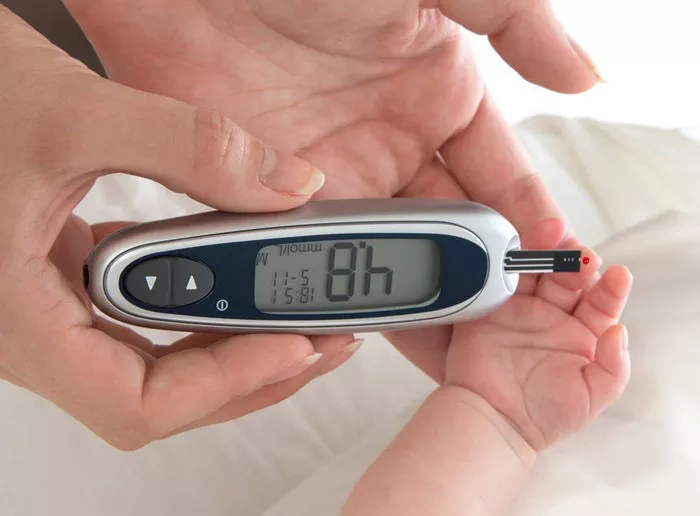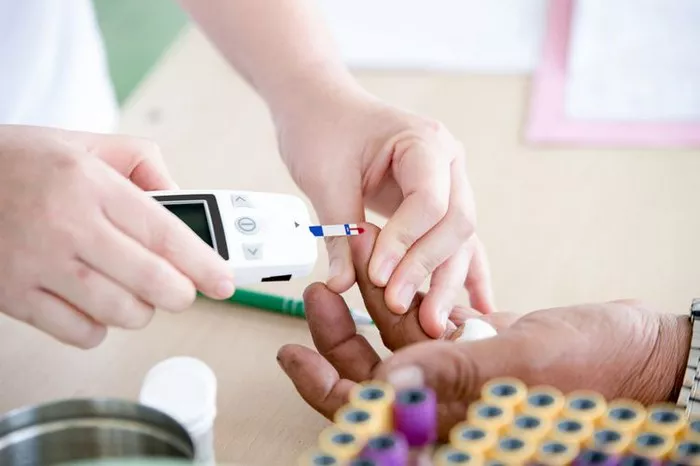Hypoglycemia, a condition characterized by abnormally low blood sugar levels, is a common concern for individuals with diabetes. Typically occurring when blood sugar levels drop below 70 milligrams per deciliter (mg/dL), hypoglycemia can pose significant risks if left untreated. Symptoms of hypoglycemia can vary but often include sweating, shakiness, confusion, rapid heartbeat, and hunger. It’s essential to understand the potential risks associated with hypoglycemia and how certain medications used to manage diabetes can contribute to its occurrence.
Medications Known to Cause Hypoglycemia
Sulfonylureas: Sulfonylureas, including glipizide, glyburide, and glimepiride, are oral antidiabetic medications commonly prescribed to stimulate insulin secretion from pancreatic beta cells. While effective in lowering blood sugar levels, sulfonylureas carry a risk of hypoglycemia, particularly if the dosage is too high or if meals are skipped.
Insulin: Insulin therapy is a cornerstone of diabetes management, especially for individuals with type 1 diabetes or advanced type 2 diabetes. However, insulin treatment can lead to hypoglycemia if the dosage is not properly adjusted or if insulin is administered incorrectly. It’s crucial for individuals using insulin to closely monitor their blood sugar levels and make appropriate adjustments to their insulin regimen under the guidance of a healthcare provider.
Meglitinides: Meglitinides, such as repaglinide and nateglinide, work similarly to sulfonylureas by stimulating insulin release from pancreatic beta cells. While effective in lowering blood sugar levels, meglitinides also carry a risk of hypoglycemia, particularly if taken without adequate food intake or if doses are too high.
Other Diabetes Medications: Certain other antidiabetic medications, such as incretin-based therapies like exenatide and liraglutide, or pramlintide, can also cause hypoglycemia, although less frequently than sulfonylureas or insulin. These medications work by different mechanisms, such as increasing insulin secretion or slowing gastric emptying, which can occasionally lead to hypoglycemia as a side effect.
Alcohol: Excessive alcohol consumption, especially on an empty stomach or in combination with certain medications like sulfonylureas or insulin, can increase the risk of hypoglycemia. Alcohol impairs the liver’s ability to release glucose, leading to further lowering of blood sugar levels in individuals taking glucose-lowering medications.
Factors Contributing to Hypoglycemia Risk
Several factors can contribute to the risk of hypoglycemia associated with specific medications:
Age: Older adults may be more susceptible to hypoglycemia due to age-related changes in metabolism and medication clearance.
Kidney function: Impaired kidney function can affect the clearance of certain medications, increasing the risk of hypoglycemia.
Liver health: Liver disease or impairment can affect the body’s ability to regulate glucose levels, increasing susceptibility to hypoglycemia.
Diet: Inadequate food intake or skipping meals can exacerbate the risk of hypoglycemia, especially when taking medications that stimulate insulin secretion.
Physical activity level: Exercise can lower blood sugar levels, increasing the risk of hypoglycemia if not appropriately managed with medication adjustments and carbohydrate intake.
Concurrent medical conditions: Certain medical conditions, such as adrenal insufficiency or pituitary disorders, can affect glucose metabolism and increase the risk of hypoglycemia when taking glucose-lowering medications.
Symptoms and Management of Hypoglycemia
Recognizing the symptoms of hypoglycemia is crucial for prompt management:
Sweating
Shakiness
Confusion
Rapid heartbeat
Hunger If hypoglycemia is suspected, immediate action should be taken to raise blood sugar levels. Consuming fast-acting carbohydrates such as glucose tablets, fruit juice, or regular soda can help quickly restore blood sugar levels to a safe range. It’s essential to monitor blood sugar levels closely and seek medical attention if symptoms persist or worsen.
Consultation with Healthcare Provider
Individuals with diabetes or other medical conditions prone to hypoglycemia should consult with their healthcare provider before starting or modifying any medication regimen. Healthcare providers can assess the individual’s risk factors, provide personalized guidance on medication management, and address any concerns or questions about medication-induced hypoglycemia. Regular follow-up appointments are essential for monitoring blood sugar levels, adjusting medication dosages as needed, and ensuring safe and effective diabetes management.
Conclusion
Hypoglycemia is a common concern for individuals with diabetes, especially those using glucose-lowering medications such as sulfonylureas, insulin, or meglitinides. Understanding the medications known to cause hypoglycemia and the factors contributing to hypoglycemia risk is essential for safe and effective diabetes management. By consulting with healthcare providers and being vigilant about monitoring blood sugar levels, individuals can minimize the risk of hypoglycemia and maintain optimal health and well-being.
Related Topics:
Hypoglycemia VS Diabetes:What Is The Difference?


























